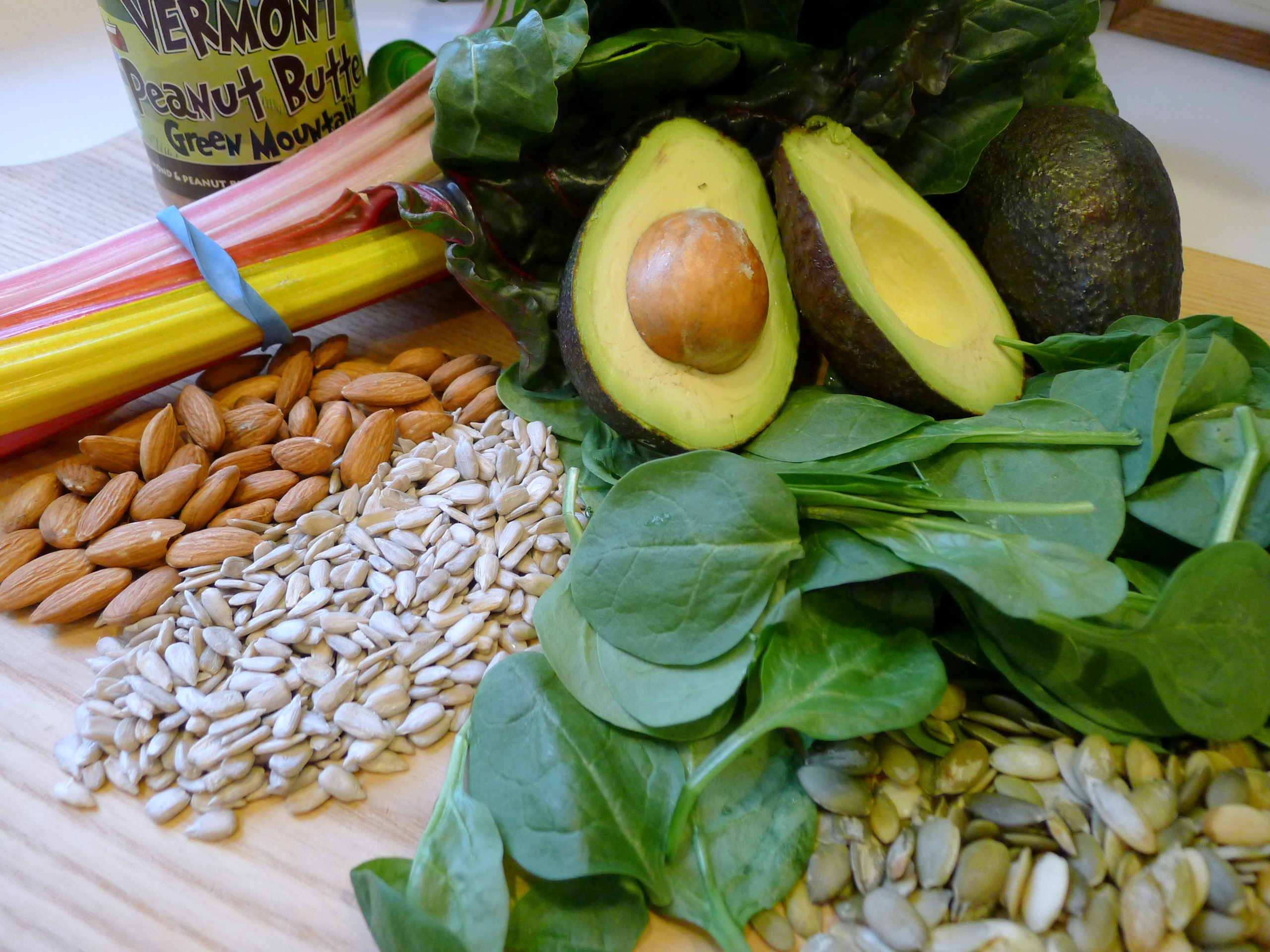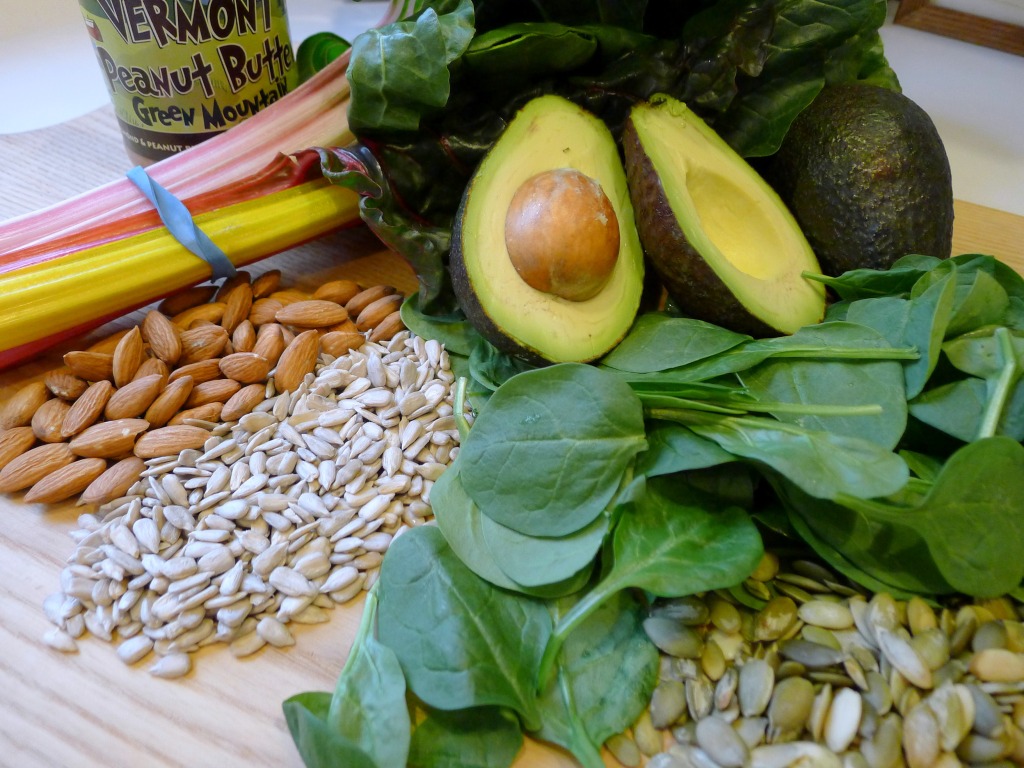Health
Foods With Vitamin E

Vitamin E’s main function is to be an antioxidant. That is, removes free radicals, which are molecules containing a free electron and are capable of damaging the cells and genetic material, contributing to the production of various diseases such as atherosclerosis and cancer, among many other chronic diseases.
Additionally, this vitamin is involved in the functioning of the immune system, regulation of gene expression and other metabolic processes. Cells with high content of vitamin E in the interior walls of blood vessels are better able to resist the adhesion of substances to their walls. In addition, this vitamin has anti-inflammatory effect. Vitamin E is found in many foods , mainly seeds, nuts and vegetable oils.
Cancer
This vitamin is the effects of diabetes; also helps prevent some types of cancers such as lung and oral, in the case of smokers, also for gastric and pancreatic cancer.
Nervous System
Help diseases like Alzheimer’s. It also helps reduce night cramps, restless leg syndrome and epilepsy.
Dialysis and Radiation
The consumption of vitamin E protects the body from the effects of dialysis, radiation and chemotherapy.
Women
Vitamin E is excellent for women; reduce PMS, menopause and cysts in the breasts. Prevents birth complications.

Hair Care
Due to its antioxidant properties, vitamin E promotes blood flow to the scalp. Vitamin E helps relieve fatigue and strengthen capillary walls, while nourishing the cells.
Skin Care
Vitamin E oil helps the healing process can be used to treat sunburn or to protect him. It is also used to treat or scars, stretch marks, acne and wrinkles as it accelerates cell regeneration of the skin.
Precautions
- High doses of vitamin E can cause nausea, diarrhoea, stomach pain, fatigue, weakness, headache and blurred vision.
- Vitamin E clotting problems may get worse, so that produces an increased risk of bleeding.
- People with diabetes, hyperthyroidism or high blood pressure should consult their doctor before taking vitamin E.
- Nuts, seeds and oils are foods high in calories and should be consumed in moderate amounts by people with a high level of body mass.
Where do we find Vitamin E?
- Sunflower seeds, almond oil, sunflower oil, hazelnut, peanut, corn oil, olive oil.
- Spinach, soybean oil, mango, tomato, asparagus.
- Herbs like oregano, basil, thyme, parsley and cumin.
You know, consume foods rich in vitamin E are varied and delicious as these have great benefits for your body.
-

 Tech11 years ago
Tech11 years agoCreating An e-Commerce Website
-

 Tech11 years ago
Tech11 years agoDesign Template Guidelines For Mobile Apps
-

 Business6 years ago
Business6 years agoWhat Is AdsSupply? A Comprehensive Review
-

 Business10 years ago
Business10 years agoThe Key Types Of Brochure Printing Services
-

 Tech8 years ago
Tech8 years agoWhen To Send Your Bulk Messages?
-

 Tech5 years ago
Tech5 years ago5 Link Building Strategies You Can Apply For Local SEO
-

 Law5 years ago
Law5 years agoHow Can A Divorce Lawyer Help You Get Through Divorce?
-

 Home Improvement6 years ago
Home Improvement6 years agoHоw tо Kеер Antѕ Out оf Yоur Kitсhеn































